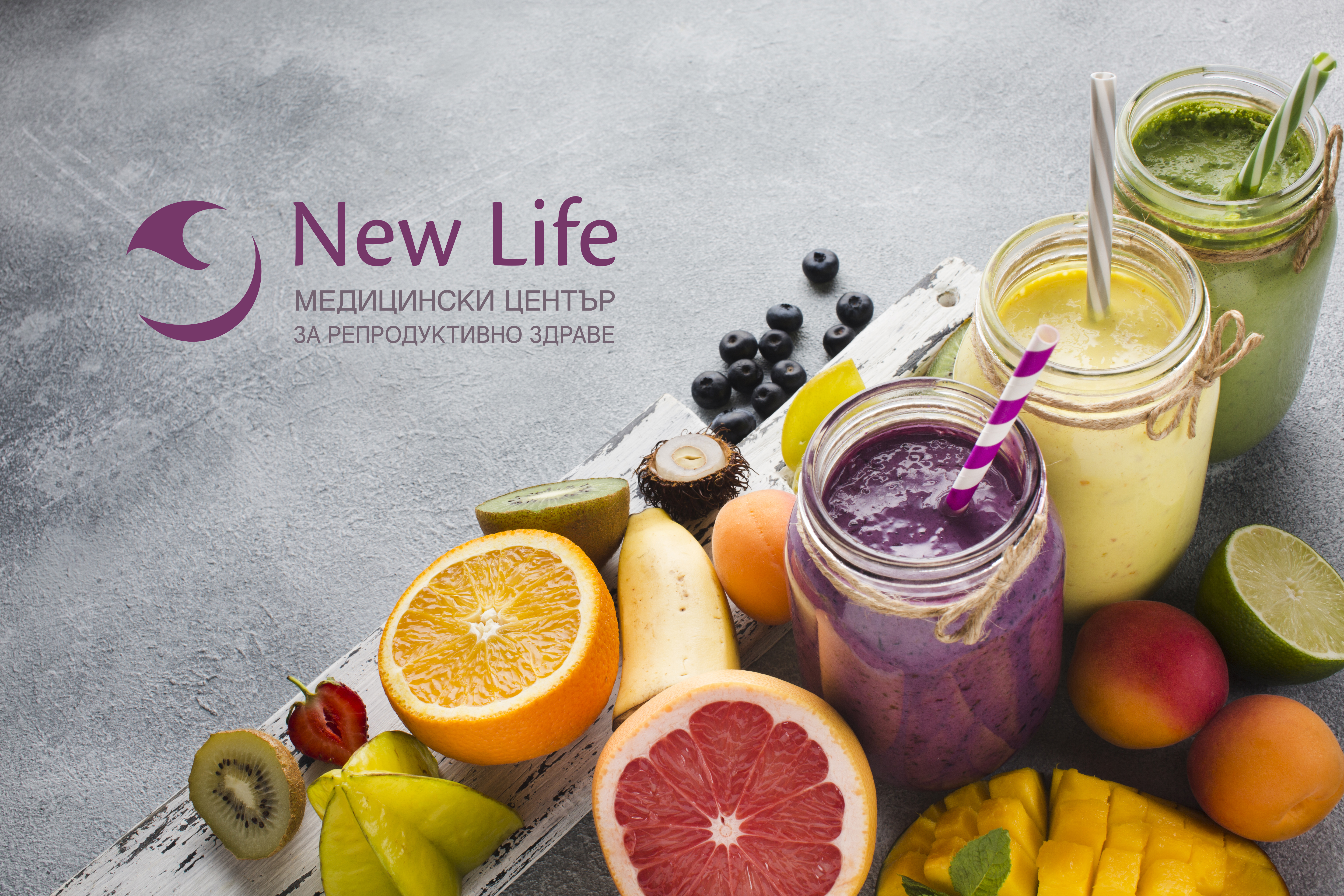ARE THEY DANGEROUS AND HOW TO PREVENT THEM?
Hypovitaminosis means deficiency of one or several vitamins. They usually occur as a result of poor nutrition or difficulty in absorbing the vitamins taken with food.
SIGNS AND SYMPTOMS
Vitamin deficiencies do not develop overnight, but rather in months, even years. Fortunately, the body has ways to „suggest“ that a similar problem has occurred:
- If you are deficient in vitamin B1 (thiamine), B2 (riboflavin) and B6 (pyridoxine), your skin might become dry, your lips might become chapped and cracked in the corners.
Good sources of thiamine, riboflavin, and pyridoxine are whole grains, meat, fish, eggs, dairy products, legumes, leafy greens, nuts, and seeds
- Deficiency of vitamin B12, folic acid, and vitamin C can lead to anemia. Symptoms include fatigue, memory problems, tingling in the toes and fingers, paleness, palpitations, etc. Vegans, pregnant women, and smokers most often suffer from this type of anemia.
Folic acid is found in leafy greens such as spinach. Vitamin B12 is found in meat, eggs and dairy products.
- Bleeding gums may be a sign of low intake of vitamin C. Vitamin C plays a key role in wound healing, immunity, collagen formation, and is also an antioxidant. Eating fresh fruits and vegetables every day is enough to provide your daily vitamin C needs.
- Vitamin A is needed for the formation of the pigment rhodopsin in the retina. If you do not take enough of this vitamin with food, your night vision can become impaired.
Vitamin A is fat-soluble and is stored in the liver. Excessive intake of food supplements containing it can be toxic. It is advisable to avoid them when not prescribed by a specialist. Instead, make a change in your diet – eggs, milk, meat, and yellow-orange colored fruits and vegetables are an ideal source of vitamin A.
- Dandruff and seborrhoeic dermatitis can be caused by many factors, one of which is low zinc, niacin (vitamin B3), riboflavin (vitamin B2) and pyridoxine (vitamin B6) diet.
HOW TO OBTAIN ALL THE NECESSARY VITAMINS?
In case you do not need extra vitamins (pregnancy, breastfeeding) and do not suffer from diseases of the gastrointestinal tract that would prevent their absorption, proper nutrition should be enough. Adults should consume at least 400 grams (optimal is 800 grams) of fruit and vegetables a day. It is recommended that they are eaten whole and not in the form of juice. This will prevent a sudden rise in your blood sugar levels, whereas fiber is beneficial to the digestive system.












